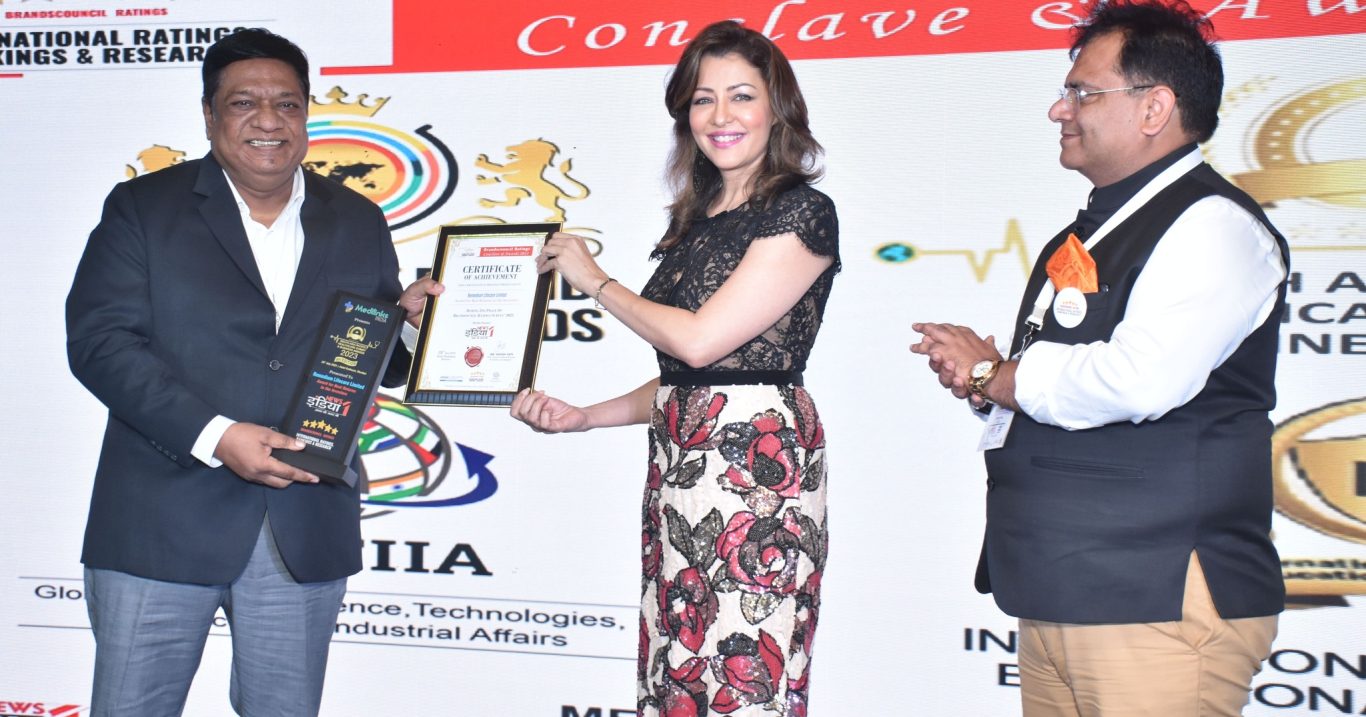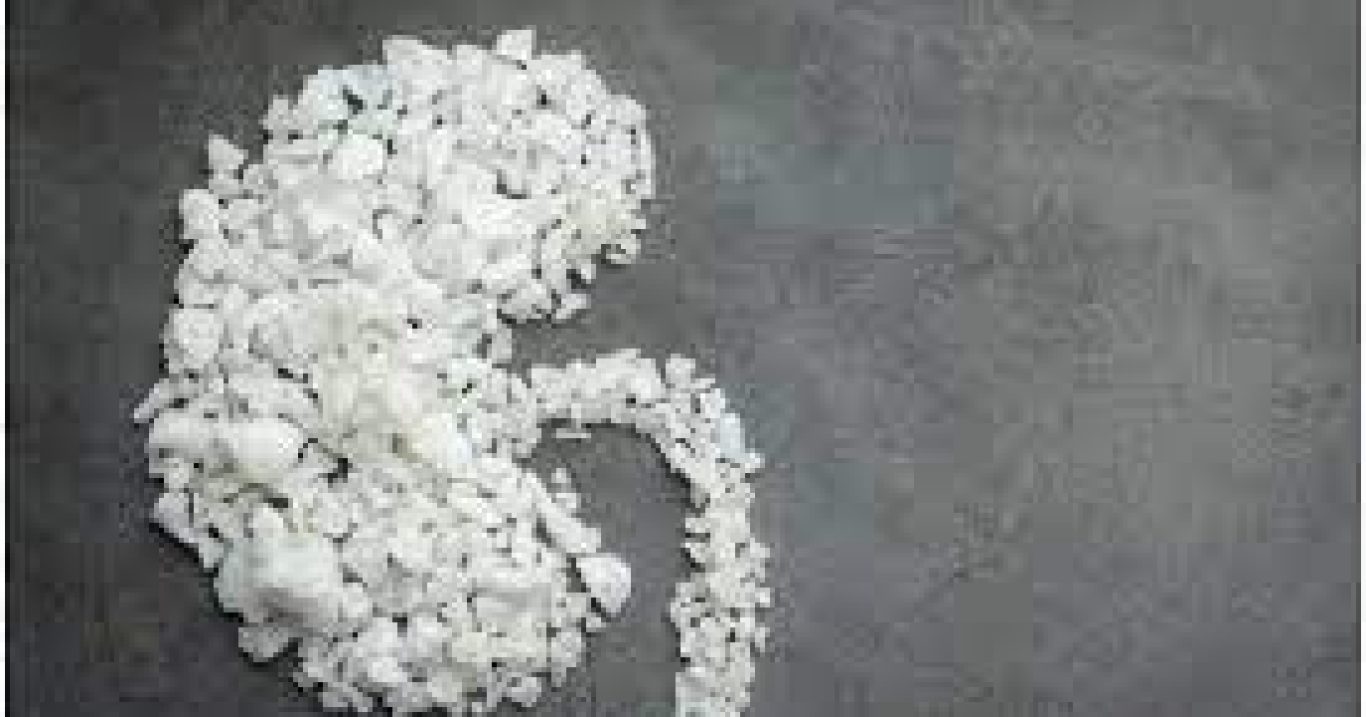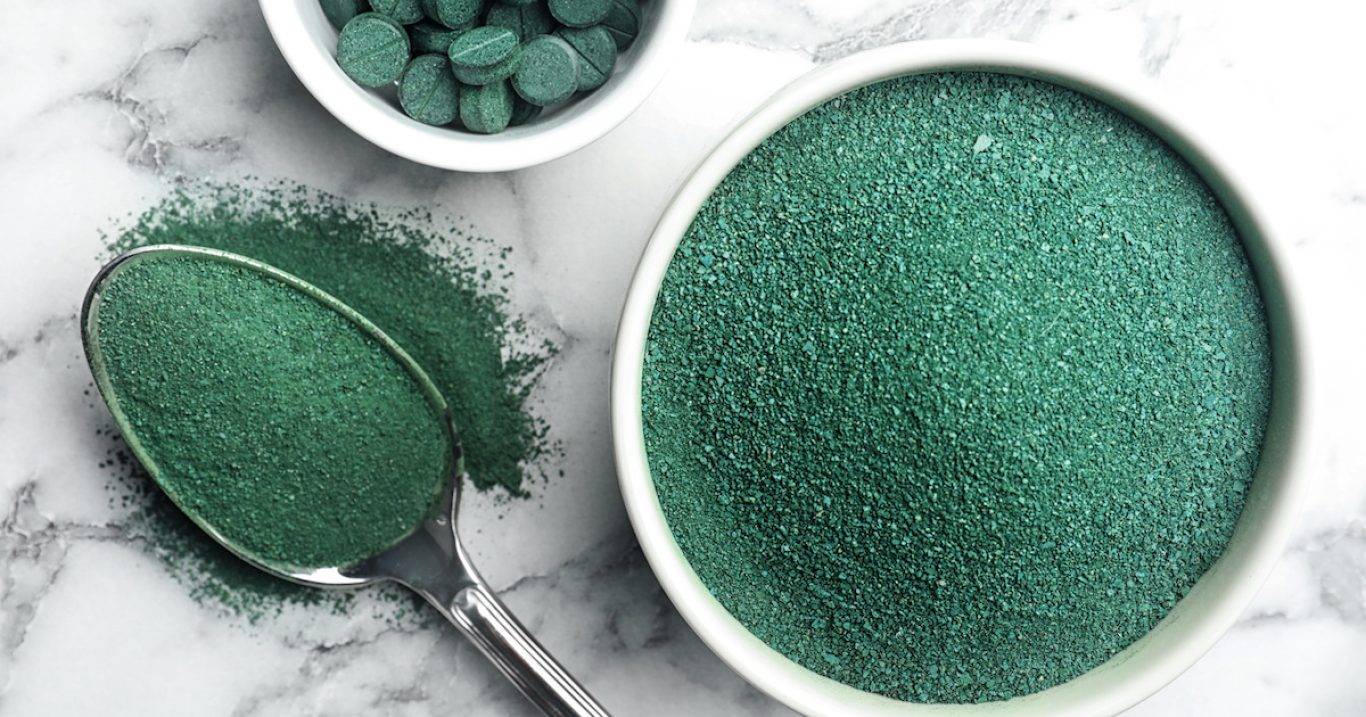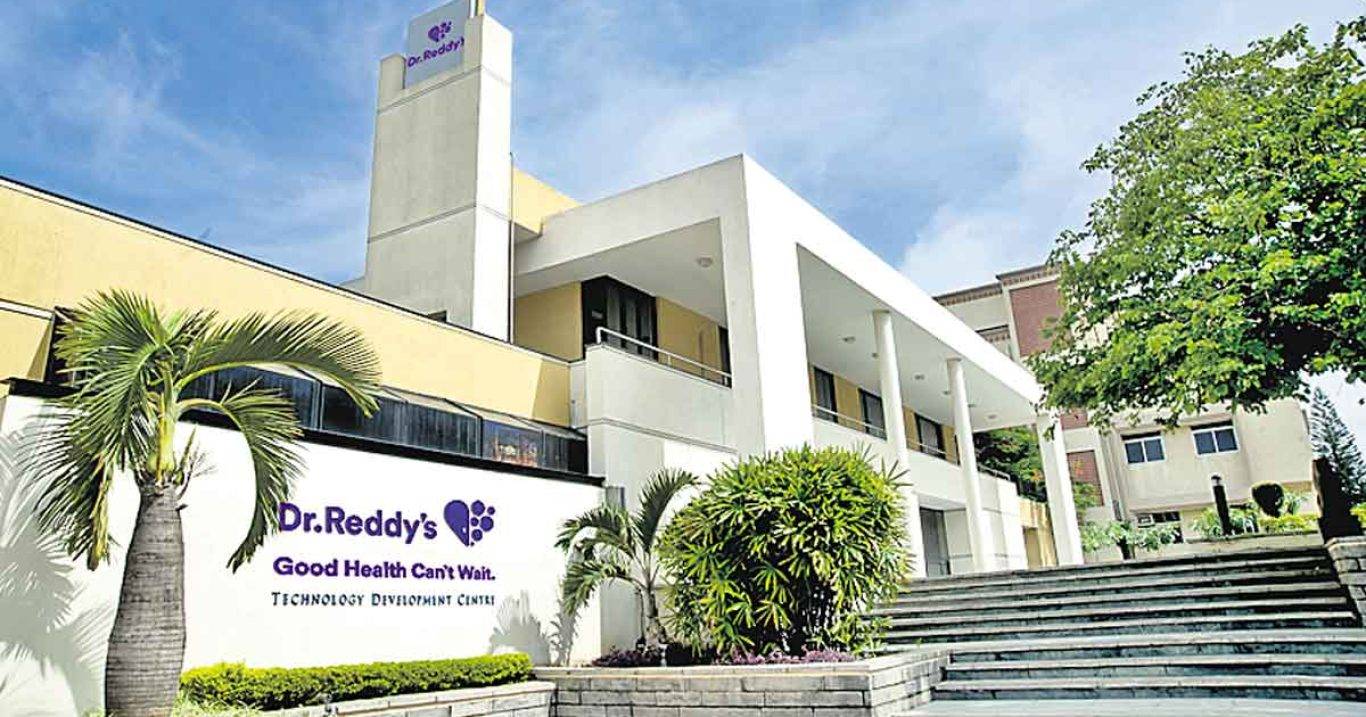Singh says the process of streamlining the drug regulation in India is underway and fundamental changes will be taking place soon.
New Delhi: Hours after the US drug regulator banned imports from a fourth factory of Ranbaxy Laboratories Ltd, the drug controller general of IndiaG.N. Singh chose to back the Indian company, saying the current situation may not require withdrawal of its medicines from the local market.
On Friday, the US Food and Drug Administration (FDA) barred Ranbaxy, a subsidiary of Japan’s Daiichi Sankyo, from producing or distributing drug ingredients manufactured at its Toansa facility in Punjab for the US market.
The FDA has already banned imports from Ranbaxy’s plants in Mohali in Punjab, Dewas in Madhya Pradesh and Paonta Sahib in Himachal Pradesh. At the Toansa facility, the regulator found the company’s staff found that workers retested drug products to produce acceptable findings after the items originally failed analytical testing. While the US has banned imports from these facilities, the Indian market continues to use raw materials from these plants. Singh in an interview said, “Indian pharmaceutical companies cannot be judged by American standards.” Edited excerpts:
Are you concerned about the quality of drugs Ranbaxy manufactures?
In this case, we are yet to get specific details. My team is at work and once we have the feedback we will approach Ranbaxy to clarify the findings. However, it must be stated that every country has different measures and we cannot judge Ranbaxy by standards set up by the American drug regulator. My job is to ensure there is no compromise on safety and efficacy on drugs and I am doing that. Once we find out the exact nature of violations, we will approach Ranbaxy.
Were the other three plants of the company found to be in violation of India’s Drugs and Cosmetics Act?
We had approached them last year after US FDA flagged certain issues. Some of those were found to be true and my office had told Ranbaxy to take corrective measures. Similar procedures will be followed in this case as well. But I do not think this is a situation which will warrant withdrawal of drugs from the domestic market. Our biggest objective is to maintain good quality of medicines and we are doing that. There are no drugs in the Indian market that are not up to the standards stated under the Drugs and Cosmetics Act. We will shortly be in touch with Ranbaxy’s management to find out what went wrong at the Toansa plant.
Will such decisions adversely affect India’s image as a manufacturer of safe, affordable drugs?
As of today, India supplies low-cost drugs to over 200 countries. Our pharmaceutical sector is a huge success. We cannot be doing well if our drugs were of substandard quality. Many multinational pharmaceutical companies stand to gain if India loses its image as a supplier of quality drugs. However, we will take appropriate action. We are in the process of streamlining the drug regulation in India and fundamental changes will be taking place soon. I am not worried about issues of quality.
Daiichi Sankyo controlled Ranbaxy Laboratories Ltd, has been slapped with another import alert by the US Food and Drug Administration (USFDA) this time on the drug maker’s active pharmaceutical ingredients (API) facility at Toansa in Punjab.
This is Ranbaxy’s fourth unit in India that has come under USFDA’s import alert and all supplies to US for products manufactured at this plant have now been prohibited.
“This is going to be the worst possible fiscal for Ranbaxy. With the Toansa unit also under import alert, business will take a significant hit in the upcoming fiscal as well,” said Ranjit Kapadia, senior vice president at Centrum Broking.
The drug regulator’s ban analysts said, will help rival players like Aurobindo Pharma and Lupin gain more market share in the US.
Meanwhile the company’s stock on Friday tanked 18.94% or Rs 79.05 at the close of Rs 338.40 on the National Stock Exchange as news of the new import alert spread across big investors. Most pharma analysts, who were neutral on the stock earlier have now downgraded the stock to a ‘sell’ citing more pain in the near future.
Arvind Bothra, vice president at Religare Capital Markets said, US and India are the only two businesses that have been contributing to profitability. “With this adverse regulatory action, Ranbaxy’s profitability for next 4-6 quarters would be under duress.” he said.
“We expect significant negative impact on stock price following this news and reiterate our stance that Ranbaxy’s quality concerns would weigh on its fundamentals and current valuations are unjustified,” he added.
The import alert on Toansa comes immediately after the US drug regulator issued Form 483, an observation identifying issues with manufacturing practices, for the same plant earlier this month. Effectively, except the Ohm Labs (US) facility, now all of Ranbaxy’s manufacturing units viz. Ponta Sahib, Mohali, Dewas, Toansa are now prohibited from distributing products in the US. It’s fifth unit in Gurgaon isn’t currently producing drugs for the US market.
“The Toansa unit supplies almost 70% of APIs to Ohm and the import alert will have an impact on its capacity utilisation to a large extent. I’d say this import alert has partially paralysed the US facility as well,” said Kapadia.
Even for Ohm Labs, Ranbaxy can supply products only with external API sources, said Bothra. “We expect US quarterly sales of $125mn (base) to be bit by 35-40% for next 3-4 quarters, until they get site transfers for key products. However, this would imply negative operating leverage for its operations which would be under-utilised,” he said. Bothra expects redressal on the US facilities to take time, given its under consent decree. “There would be inordinate delays int approvals for exclusivities like Diovan,” he said.













